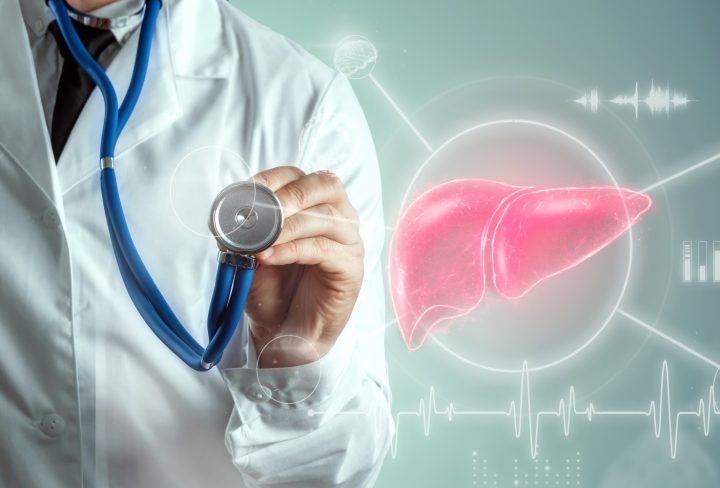Cirrhosis is a chronic liver disease characterized by the progressive and irreversible scarring of the liver tissue. It is often a consequence of long-term liver damage caused by various factors such as chronic alcohol abuse, viral infections (such as hepatitis B or C), non-alcoholic fatty liver disease, autoimmune conditions, and certain genetic disorders.
The liver, a vital organ responsible for filtering toxins, producing bile, and regulating various metabolic processes, becomes progressively damaged in cirrhosis. As the disease progresses, healthy liver cells are replaced by scar tissue, impairing liver function and leading to a wide range of complications.
One of the challenging aspects of cirrhosis is its silent progression in the early stages, often without noticeable symptoms. However, as the disease advances, symptoms gradually manifest. These may include fatigue, weakness, jaundice (yellowing of the skin and eyes), loss of appetite, weight loss, nausea, vomiting, abdominal pain, and swelling.
The diagnosis of cirrhosis involves a comprehensive evaluation that includes medical history, physical examination, blood tests, imaging studies (like ultrasound, CT scan, or MRI), and sometimes a liver biopsy to confirm the presence of liver scarring.
Although cirrhosis is irreversible, the goal of treatment is to manage symptoms, slow down the progression of the disease, and prevent or treat complications. Treatment plans are customized to the underlying cause of cirrhosis. For instance, in cases related to alcohol abuse, complete abstinence from alcohol is crucial. Medications may be prescribed to manage specific symptoms or underlying conditions contributing to liver damage.
Lifestyle modifications play a vital role in managing cirrhosis. A healthy and balanced diet, low in sodium and fat, can help reduce fluid retention and prevent further liver damage. Vaccinations against hepatitis A and B are recommended to prevent additional liver damage from viral infections. Regular exercise, weight management, and avoidance of alcohol and illicit drugs are also essential for maintaining liver health.
In advanced cases where the liver function deteriorates significantly or complications arise, liver transplantation may be the only viable option. This procedure involves replacing the damaged/scarred liver with a healthy liver from a donor.
Cirrhosis is a serious condition with potentially life-threatening complications. These can include portal hypertension, liver cancer, hepatic encephalopathy (a brain disorder resulting from liver failure), and increased susceptibility to infections. Regular monitoring, adherence to treatment plans, and close follow-up with healthcare professionals are crucial in managing cirrhosis effectively.
In conclusion, addressing the underlying causes, adopting a healthy lifestyle, and following medical advice, can help individuals with cirrhosis to improve the quality of life and reduce the risk of complications.
